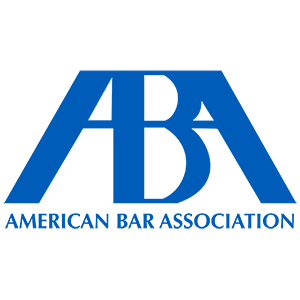Elements of Bankruptcy Fraud (18 U.S.C. § 157)
Bankruptcy fraud is a federal offense that involves knowingly engaging in deceptive practices to manipulate or abuse the bankruptcy process. Several key elements must be established to secure a conviction for bankruptcy fraud:
- False Statements or Concealment of Assets: The defendant must have knowingly made false statements or concealed assets when filing for bankruptcy, such as submitting inaccurate financial information, hiding income, or failing to disclose assets.
- Materiality: The false statements or concealment must be material, meaning they are significant and capable of influencing the bankruptcy court’s decisions, the rights of creditors, or the administration of the bankruptcy estate.
- Intent to Defraud: Bankruptcy fraud requires a willful intent to defraud, meaning the defendant must have deliberately sought to deceive the bankruptcy court or creditors for financial gain.
Potential Defenses
- Lack of Intent: A defense may involve demonstrating that the defendant lacked the intent to commit bankruptcy fraud, emphasizing any honest mistakes or misunderstandings in their bankruptcy filings.
- Mistaken Information: A defendant may assert that inaccuracies or omissions in documents were due to honest errors or misunderstandings, rather than an intentional attempt to deceive.
- Legal Advice: If the defendant relied on legal counsel or bankruptcy professionals when preparing their bankruptcy documents, they can argue that they followed the guidance they received in good faith.
- Changes in Financial Circumstances: Demonstrating that discrepancies were a result of unforeseen changes in financial circumstances after the initial filing and not an intentional effort to deceive.
- Duress or Coercion: A defendant may claim that they acted under duress or coercion, potentially due to threats or intimidation by others, and did not engage in the fraudulent activities willingly.
- Insufficient Evidence: Challenging the prosecution’s evidence by asserting that it does not establish the elements of bankruptcy fraud beyond a reasonable doubt.
Bankruptcy fraud charges can lead to serious consequences, including fines and imprisonment. Consulting with an experienced criminal defense attorney is crucial to assess the specific circumstances of the case and develop an appropriate defense strategy to protect the defendant’s rights and interests.
Schedule a Consultation
Facing legal challenges? Don't navigate the complexities alone. Contact our experienced criminal defense team now. Protect your rights, your future, and your reputation. You deserve a strong defense. Act today.








